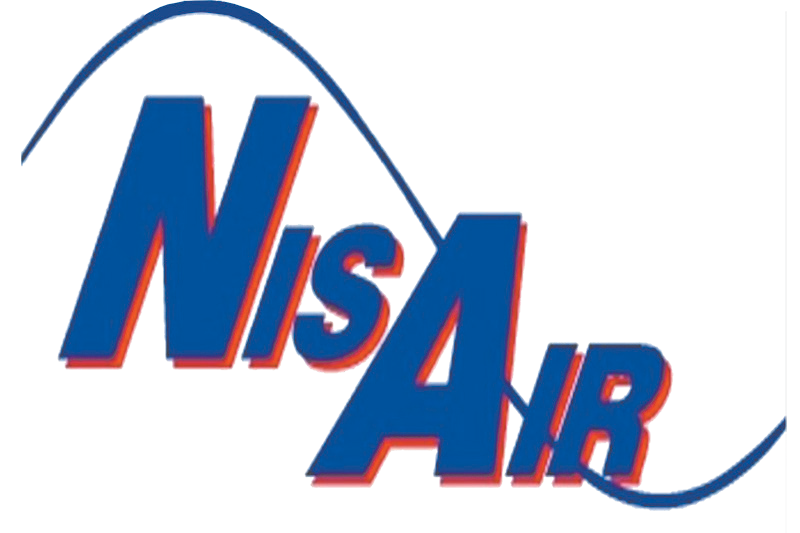Improve Your Home’s Efficiency by Syncing Your HVAC Systems
In our hot, humid climate, it makes good sense to have the most efficient home possible. A key first step in improving your home’s efficiency is ensuring that all its systems and HVAC components are in sync.
Here are some valuable tips on syncing HVAC systems to maximize efficiency so you can save energy:
Maintain Your HVAC Equipment
Routine preventive maintenance is crucial to keep your HVAC system operating at peak efficiency. For the greatest benefit, it should be tuned up each spring and fall. Twice-yearly visits from an experienced HVAC technician can also help catch developing issues early, so you can get them fixed before they affect your equipment’s performance and reliability.
Tighten Up the Exterior Shell
Energy losses caused by leaks around your home’s exterior can be costly, but you can seal them using weatherstripping, expandable spray foam insulation and caulk. Common trouble spots are around doors and windows, penetrations for pipes, wiring and vents, and along the foundation/sill plate seam.
Give the Duct System Some Attention
Maintaining, sealing and insulating all your accessible ducts can help limit conditioned air and energy losses that can total 20 percent (or more) of your HVAC equipment’s output. Any loose connections should be tightened, the seams/joints covered with metal-backed tape, and lastly, an R-6 duct insulation installed.
Stop Energy Losses in the Attic
To improve efficiency in your home’s attic, it’s essential to seal sources of air leakage around the floor’s perimeter and any penetrations, as well as the access hatch with expandable foam insulation, caulk and/or weatherstripping. Afterwards, insulate to R-60 between your attic floor joists.
Replace Your Older Windows
Installing new windows can improve your home’s overall efficiency by curbing air leaks and heat gains or losses through the glass. For the greatest improvement in home efficiency in our Florida climate, you should choose Energy Star-certified, gas-filled windows that feature a Low-E coating and have low U-factor, solar heat gain co-efficient (SHGC) and air leakage (AL) ratings.
For personalized advice about syncing HVAC systems in your Martin, Palm Beach or Indian River County home, contact us today at NisAir.

